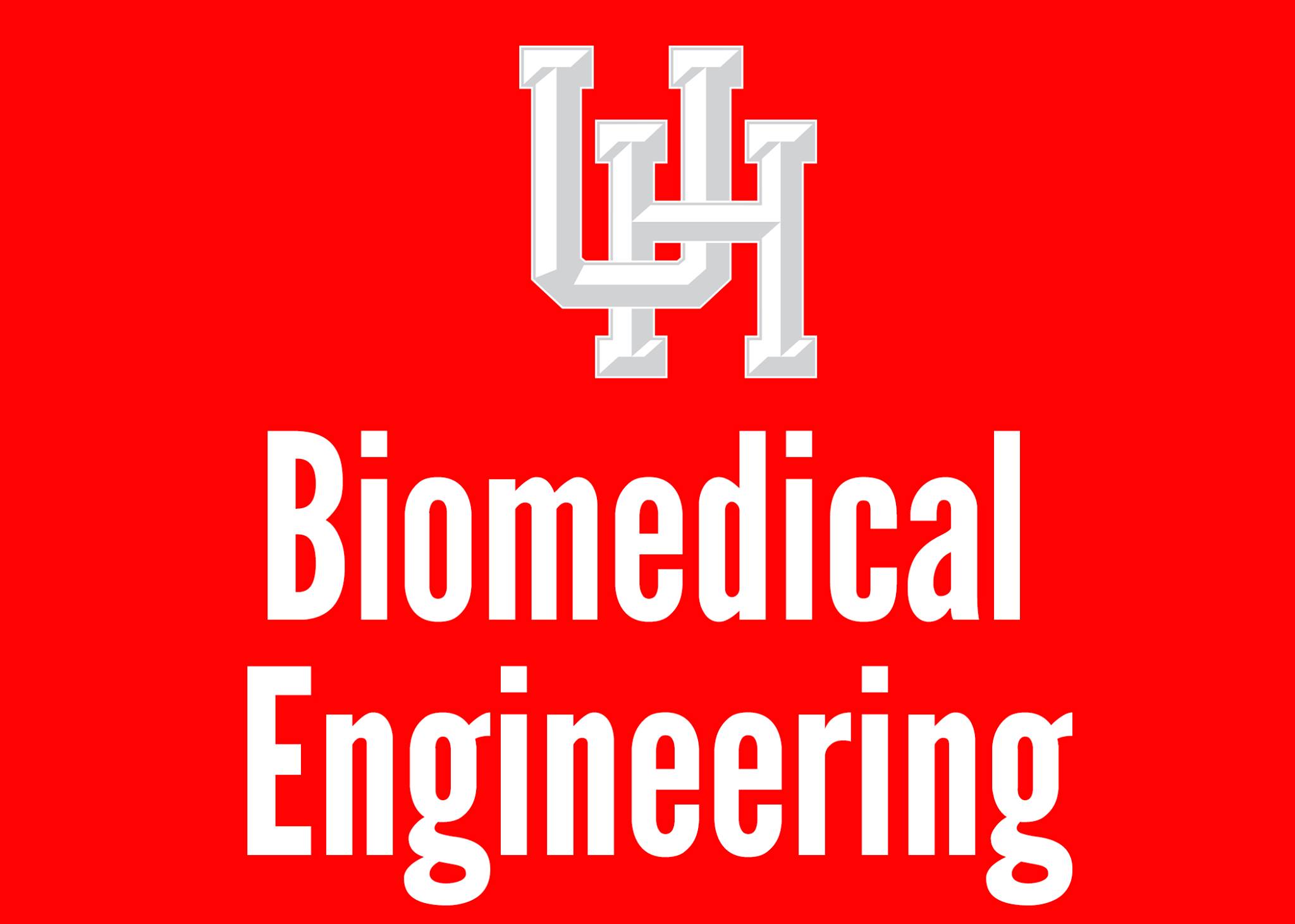Menu
Travel Info:
Participants
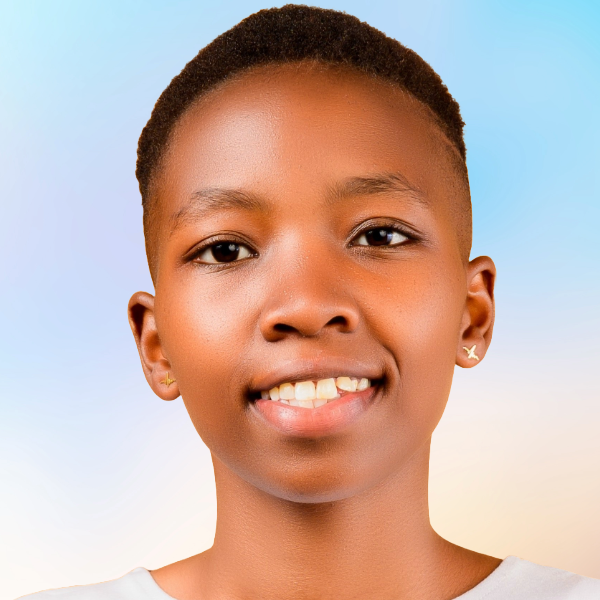
Valery Chebet |
Valery Chebet is a Senior Biomedical Engineering student at Kenyatta University, Kenya. She is passionate about healthcare innovation, medical engineering, UI/UX design, graphic design, and web development. As COO & Co-Founder of Koaley Group Ltd. and through her entrepreneurial ventures, she has developed her skills in project management, creative design, and medical technology. Valery's professional background includes hands-on medical equipment work at major hospital attachments, demonstrating her dedication to advancing healthcare through engineering. She is also an IEEE Student Member, currently serving as the IEEE Kenya Section Student Representative and Chair of Kenyatta University Student Branch. She is also an active member of IEEE EMBS, CASS, Photonics, and the WIE. |

Zan Ahmad |
Zan Ahmad is a Ph.D. candidate in the Department of Applied Mathematics and Statistics at Johns Hopkins University. He is advised by Professor Natalia Trayanova in the Computational Cardiology Lab. His research focuses on the development and application mathematical tools for predicting stroke risk in atrial fibrillation patients, leveraging shape analysis, computational fluid dynamics, and operator learning. Outside of his research activities, he enjoys writing calming electric guitar music and playing golf! |
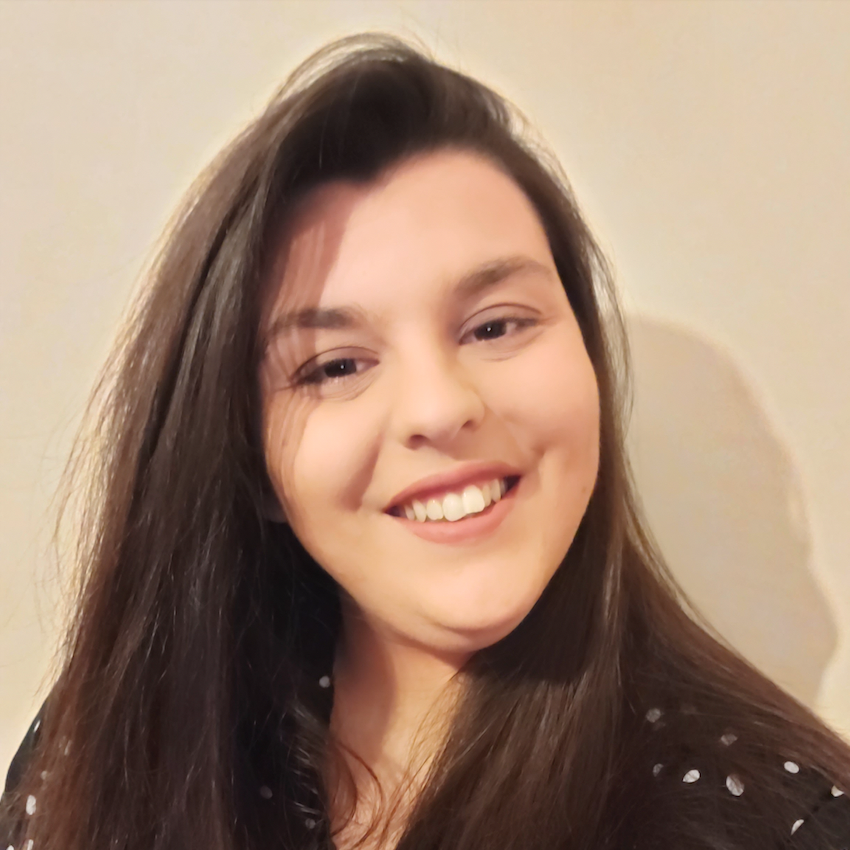
Angeliki Botoni |
Angeliki Botoni is starting her PhD at the Unit of Medical Technology and Intelligent Information Systems in the Department of Material Science & Engineering at the University of Ioannina, under the supervision of Professor Dimitrios I. Fotiadis. Her research will involve the implementation of a machine learning or deep learning model, which will be trained on a large set of medical data. |
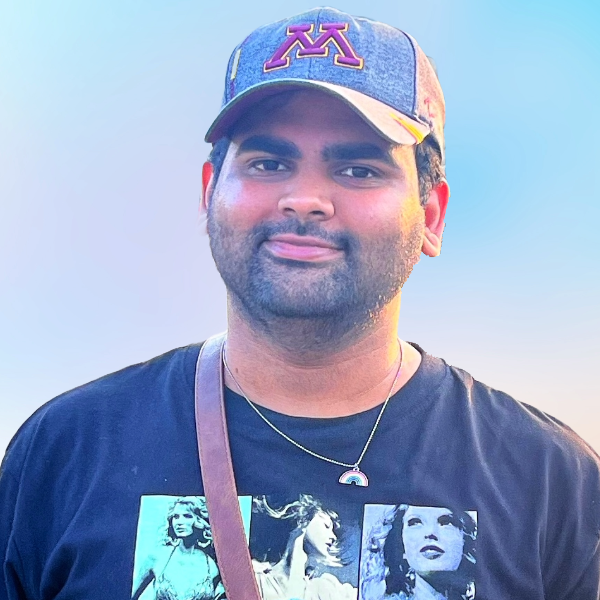
Sai Sanjay Balaji |
Sai Sanjay Balaji is an electrical engineering Ph.D. candidate at the Parhi lab of the University of Minnesota with a primary research focus on biomedical signal processing and causal graph analysis of brain networks using machine learning techniques. Sanjay's dissertation research is focused on understanding brain interactions through a graph representation and using these to create algorithms for diagnosing neurological disorders and seizure localization. Other interests include neural engineering and AI-assisted neurostimulation techniques. He is also the co-president of the Neuromodulation and Psychiatric Neurosurgery (N-PNS) student group, which focuses on augmenting students' knowledge of neuromodulation by organizing seminars, journal clubs, and industry visits. |
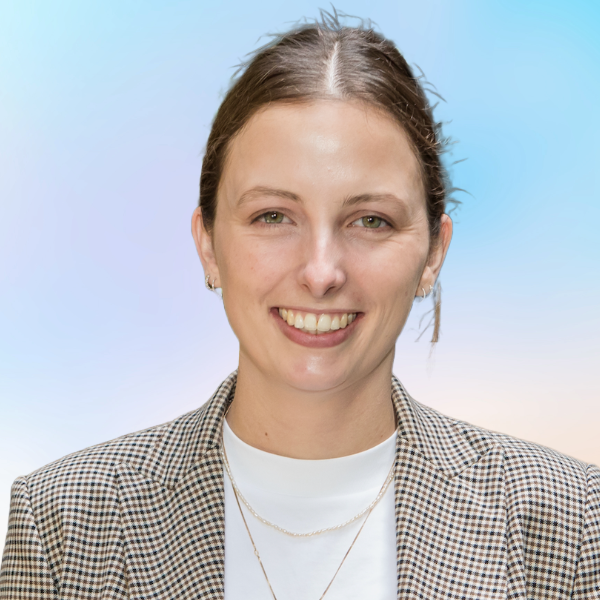
Jaimey Clifton |
Jaimey Clifton is a PhD candidate at the University of Canterbury, New Zealand. She completed her undergraduate degree at the same institution in mechanical engineering with a minor in biomedical engineering. Her research is focused around developing physiological models of the respiratory system. These models allow for biomedical biomarker identification which can be used in the development of digital healthcare solutions to increase access to care, equity, and productivity. She has an interest in developing physiological models for disease classification and predictive monitoring focusing specifically on chronic obstructive pulmonary disease (COPD), sleep apnoea, sleep apnoea in pregnancy, and woman’s health. |
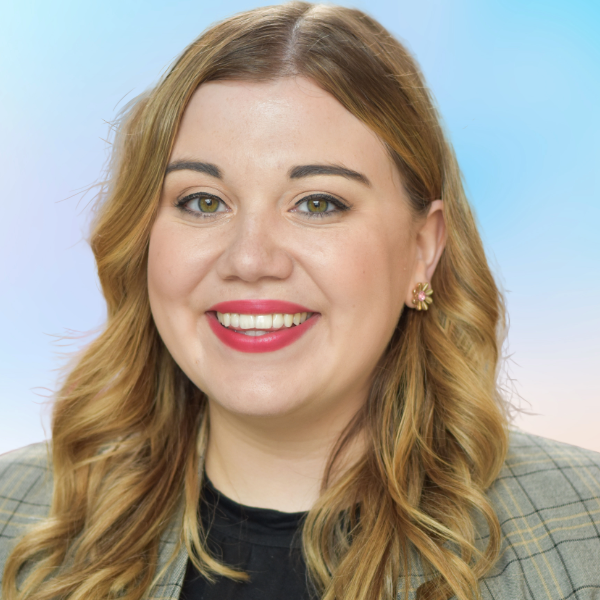
Mackenzie Collins |
Mackenzie Collins is a current MD/PhD Candidate in Biomedical Engineering with a passion for integration of the engineering and medical fields. She completed her Engineering degree (BASc) in Biomedical Engineering at the University of Waterloo in 2021 supported by a Schulich Leader Scholarship. She began her graduate studies in the joint MD/PhD program at Queen’s University, supported by a Seanix Graduate Scholarship and the Vanier Canada Graduate Award. Her thesis work under the supervision of Dr. Claire Davies focuses on using machine learning techniques to develop an eye-gaze based system for automated emotion recognition in children with severe motor and communication impairments. Mackenzie will one day have her own laboratory where she can supervise both engineering and medical students to work together, encourage interdisciplinary collaboration across fields, and further the advancement of biomedical technologies. |
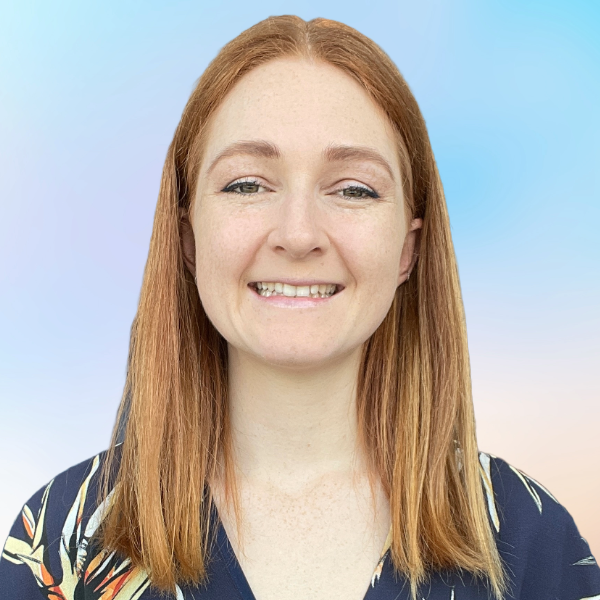
Josie Dixon |
Josie Dixon received her BE(Hons) in Mechanical Engineering, minoring in Biomedical Engineering from the University of Canterbury in New Zealand in 2021. She is currently studying towards her PhD in development of optical methods for detection of blood analytes at the UC (2022-present). The sensors her research aims to develop will provide low-cost, clinically relevant devices, and increase equity in healthcare. Josie is passionate about using Science and Engineering to empower others to lead more fulfilled, and healthier lives. Outside of university, Josie loves all things outdoors and is often found exploring the beautiful Southern Alps on her mountain bike, kayaking the rivers of the South Island, or trail running with friends. |

Aylen Fontenla |
Aylen Fontenla is finishing her 5-year degree in Biomedical Engineering at the National University of Cordoba (UNC), Argentina. Her research interests predominantly focus on neuroscience, oncology, genetics, and tissue engineering with the application of artificial intelligence and data science. Her professional background includes roles in Clinical Engineering at a public hospital and as an Implementation Associate in a software company. She is an active member of IEEE and EMBS, having contributed in the reactivation of the IEEE student branch and currently serving as treasurer of the IEEE UNC Student Chapter in Argentina. Beyond academics, she finds great enjoyment in outdoor activities and reading books. Upon completing her thesis, Aylén plans to apply to Ph.D. programs and aspires to make significant contributions within a research laboratory in the future. |
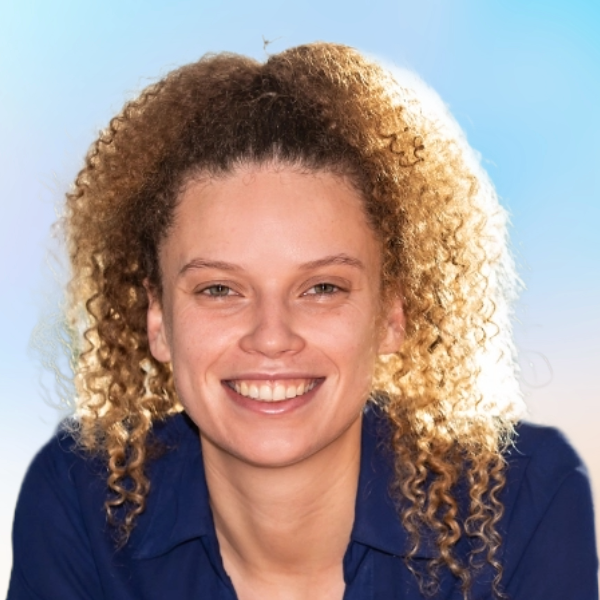
Ella Guy |
Ella Guy is currently a PhD candidate in the department of mechanical engineering at the University of Canterbury, New Zealand. Ella graduated with a BE (Hons) in mechanical engineering, with a minor in biomedical engineering and a diploma of global humanitarian engineering, in 2020. The bulk of her research has been around developing physiological models and passive spirometry methods required to develop respiratory monitoring software. Ella has developed these models using data collected in studies in the University of Canterbury low-risk clinical unit, under Human Research Ethics Committee consent. Her current focus is on developing these models to identify clear and interpretable metrics to inform clinical decisions and control treatment, based on predicted patient-specific responses. |
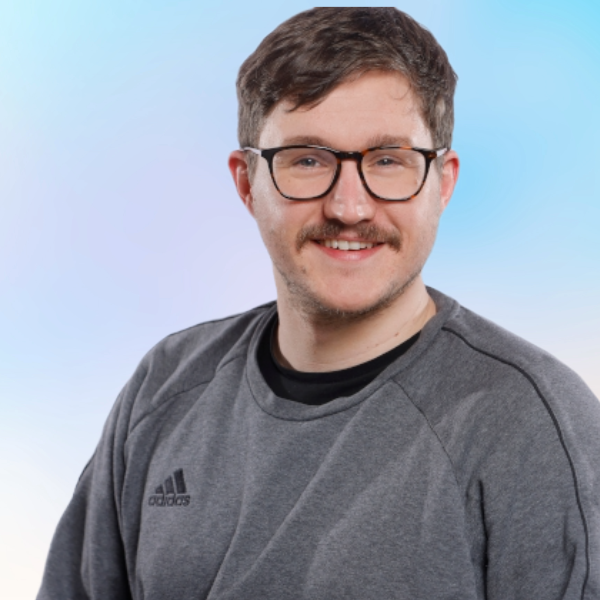
Philip Hempel |
Philip Hempel is a researcher in the field of cardiovascular science under supervision of Dr. Nicolai Spicher at the Georg-August University of Göttingen, where he is pursuing a PhD with a focus on the intersection of artificial intelligence and clinical practice. He holds a M.Sc. in Biology from the Technical University of Braunschweig, where he specialized in Bioinformatics. Philip’s transition from a decade-long career as a paramedic and EMT to academic research reflects a strong commitment to understanding real-world medical challenges. His professional background provides him with unique insights into the operational dynamics of medical settings, which he applies to his current research. His scholarly work is primarily concentrated on applying neural network technologies to improve diagnostic accuracy and patient outcomes without supplanting the critical role of human judgment in clinical decision-making. This involves developing transparent AI tools that support, rather than replace, medical professionals, addressing both the potential and the limitations of AI in healthcare. |
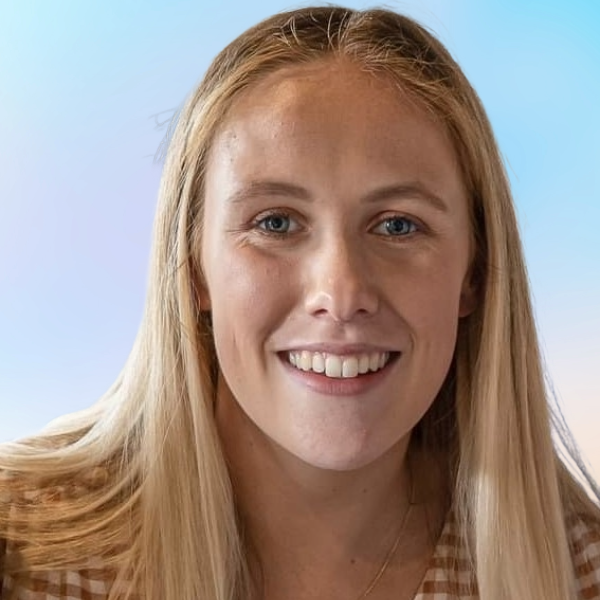
Jordan Hill |
Jordan Hill is a first-year PhD candidate in the Centre for Bioengineering at the University of Canterbury, Christchurch, New Zealand. A recent Mechanical Engineering graduate with First Class Honours, her undergraduate research focused on developing low-cost healthcare solutions, specifically PPG-based sensors, and respiratory devices. Her early PhD research is currently dedicated to design and development of a non-invasive optical sensor for assessing arterial-venous saturation as applied primarily to mechanical ventilation. All research is focused on increasing accessibility and equity in healthcare through low-cost and open-source designs. She is extremely passionate about inspiring and empowering other young women to pursue engineering careers, embodying the ‘we can do it’ attitude in all endeavours. Outside of research she enjoys hiking gorgeous New Zealand tracks, sports, baking, and travelling. |

Melody Hsieh |
Melody Hsieh received her Bachelor of Science in Electrical Engineering from National Taiwan University, Taiwan. Fascinated by the intersection between neuroscience and computation, she continues her academic pursuit as a PhD student in Bioengineering at UC San Diego. Under the joint supervision of Professor Gert Cauwenberghs and Professor Alysson Muotri, her research is centered on bridging natural and artificial intelligence in brain organoids interfacing with neuromorphic silicon integrated circuits. By characterizing the electrophysiology of brain organoids and advancing brain-computer interfacing frameworks, she aims to integrate biological and artificial neural networks that potentially induce intelligence, which may give rise to novel avenues for targeting treatments for neurological disorders and augmenting natural cognition. Outside of research, she enjoys café-hopping, reading books at the beach, and traveling. |
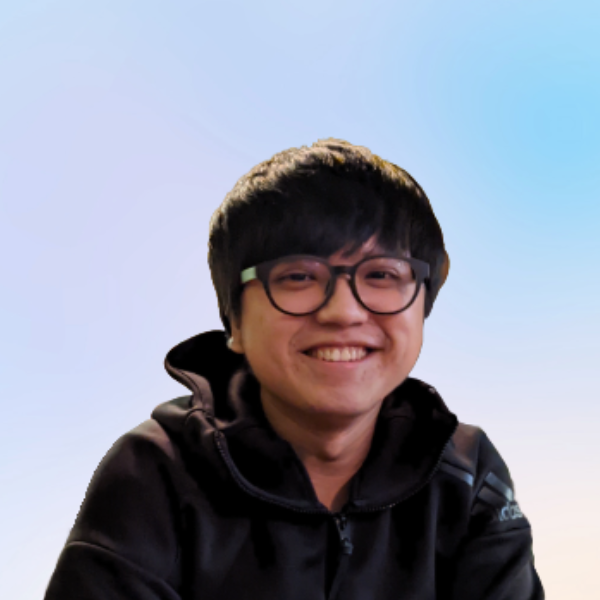
Shih-Chao Huang |
Shih-Chao Huang is a Ph.D. student in the Department of Structural Engineering at UC San Diego and is a member of the ARMOR Lab, working under the supervision of Prof. Kenneth Loh. His research interests are in analyzing athletes’ performance and providing actionable feedback for improvement utilizing wearable on-body physiological sensors and machine learning techniques. The long-term goal of his research is to develop a human digital twin framework to facilitate athletes’ training process. |
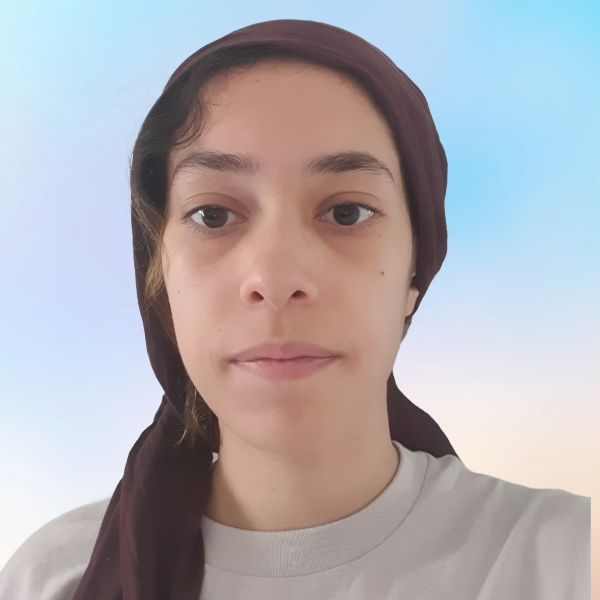
Rana Judeh |
Rana Judeh embarked on her journey by applying as a PhD student at the University of Sydney, renowned across Australia for its robust research infrastructure and unwavering support because of her passion for research. Throughout her academic pursuit, she has immersed herself in the profound realm of artificial intelligence, exploring its multifaceted applications within the medical domain. Specifically, Rana aims to investigate the intricate phenomenon of cell senescence in Human Umbilical Vein Endothelial cells (HUVECs), with the goal of devising methods to mitigate and reverse its detrimental effects on cellular health. |
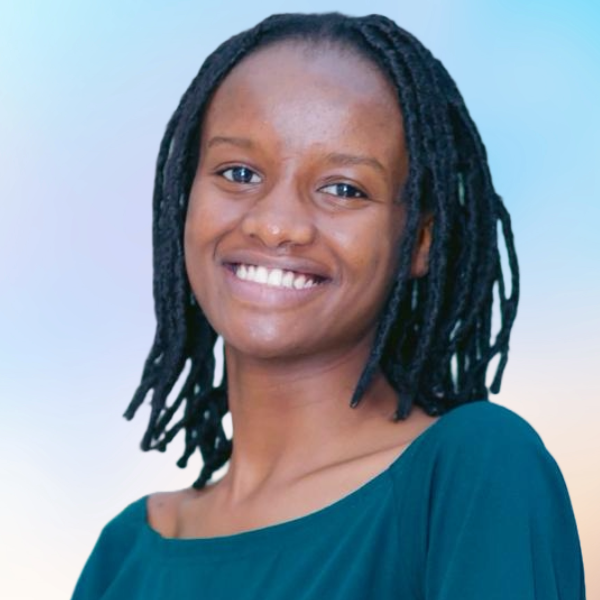
Wendy Kinara |
Wendy Kinara is a final year medical student at Kenyatta University in Kenya. She is interested in leveraging machine learning and data science techniques to optimize health services and enhance medical research and innovation. She has volunteered at the executive committee for the Kenyatta University EMBS student branch which enabled meher to interact with students and professions from various cadres and collaborate in cross-disciplinary projects. A current project her team is working on is training large language models on medical data and evaluation for efficiency and fairness, that is being facilitated by Google Research, Intron Health and SisonkeBiotik Africa. She looks to further her studies with a specialization in AI and Data Science to improve her competencies in the field. Ultimately, she is working towards developing technologies that help address the challenges encountered when working in resource-limited healthcare settings. She hopes to be part of the change in shaping the future of AI-driven healthcare innovation and making a positive impact on the lives of individuals and communities worldwide. |
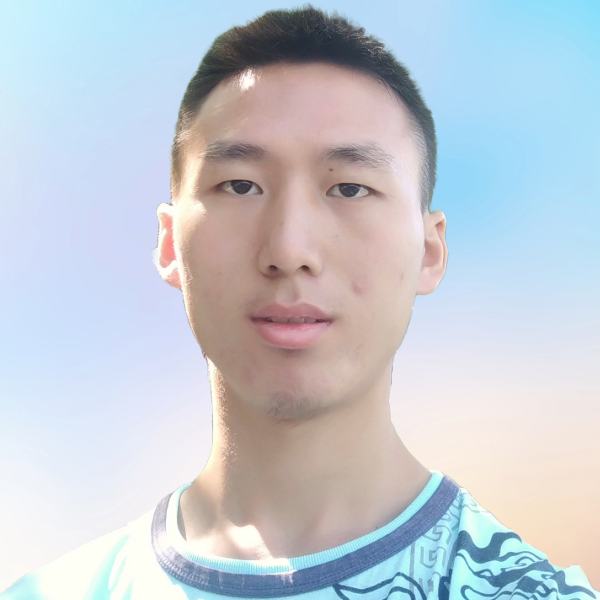
You Kui |
You Kui is a PhD student in the Department of Biomedical Engineering at National University of Singapore (NUS). He received his bachelor’s degree in Polymer Material and Engineering from Tsinghua University (THU) in 2020. Besides, he is a recipient of NUS President Graduate Fellowship and won Tony B. Travel Award and Student Poster Award by Society for Laboratory Automation and Screening (SLAS), 2024. Currently, he works on harnessing digital medicine to combat infectious diseases, especially those by multi-drug resistant bacteria, and individualizing interventions for patients with their own data to enhance treatment outcomes. He has designed effective combination therapies against SARS-CoV-2 viruses, as well as Enterobacteriaceae and Acinetobacter baumannii bacteria, which allow for limited treatment options. His hobbies include cycling, swimming, diving and playing tennis. |

Avisha Kumar |
Avisha Kumar is a third year PhD student at Johns Hopkins. Her research is on ultrasound simulations and deep learning in the context of spinal cord injury. She is interested in optimizing focused ultrasound therapy with acoustic wave modeling and physics informed neural operators. |
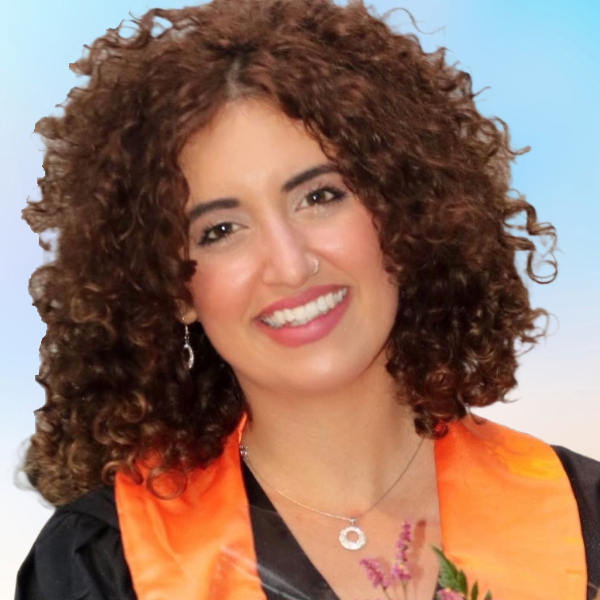
Sally Kurtam |
Sally Kurtam graduated with a bachelor’s degree in Biochemical Engineering from Technion-IIT with Honors (Cum Laude) in 2018, and immediately pursued a master’s degree in biomedical engineering. During her master's studies, Sally explored exciting courses in bioengineering such as tissue engineering, biomaterials, and drug delivery. Her thesis focused on advancing a novel mechanobiology-based approach for predicting tumor metastatic risk. She graduated with a master’s degree in biomedical engineering with Honors (Cum Laude) in 2020. Currently, Sally is in the final year of her doctoral studies in Biomedical Engineering at the University of Sydney, having travelled across the world to pursue her passion. Upon completion, she is eager to apply the knowledge and skills gained throughout her academic journey to contribute to the industry. |

Karina Liceaga |
Karina Liceaga was born in Mexico City and raised in Las Vegas, Nevada, in the United States. Currently, she works at Olympus, a company specializing in endoscopy products. Simultaneously, she is pursuing a degree in Biomedical Engineering at the National Autonomous University of Mexico (UNAM). In collaboration with her professors and classmates, Karina is working as a UI designer on a project titled "Virtual and Mixed Reality for Healthcare Service, Education, and Clinical Simulation," in partnership with Dr. Manuel Gea González General Hospital. This experience has fueled her passion for improving the medical system through education and research. |
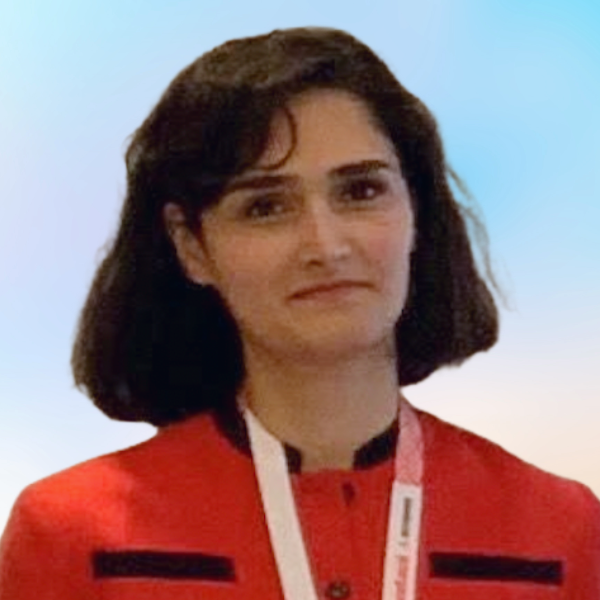
Mobina Mobaraki |
Mobina Mobaraki is a PhD candidate in Electrical and Computer Engineering at University of British Columbia and a Mitacs Accelerate scholar of Canada. She is currently working on Artificial Intelligent (AI) models including computer vision and multi-modal learning with related publications in journal and conference venues including DSP, VCIP, and MOCAST. She is interested in medical imaging including pose estimation for human motor activity recognition, masked face recognition, and segmentation. During her PhD studies, she is collecting image and sound data from an industrial robot and applying end-to-end vision-based, sound-based, and multi-modal machine learning models to improve the quality of the real-time monitoring process. During her master’s studies, she developed a robust control strategy for Chemovirotherapy treatment of lung cancer. She is a first-rank winner of Women HackAI hackathon held by Siemens and Sick Solution hackathon held by Sick Company. |
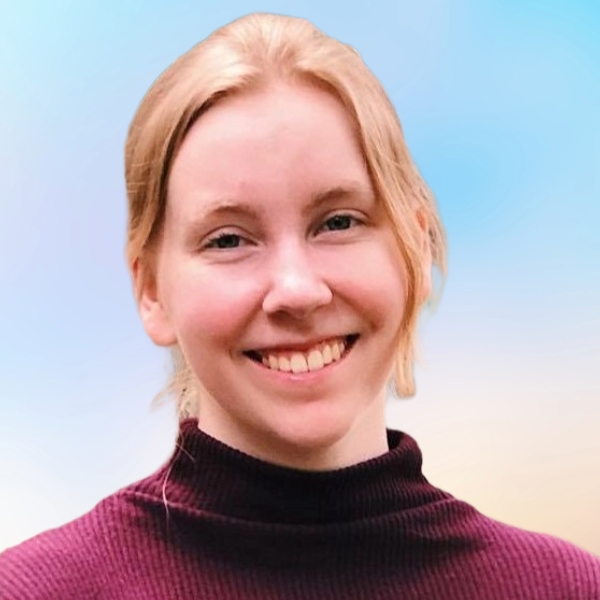
Liz Murray |
Liz Murray is a 3rd year PhD student in the EECS department at UC Berkeley advised by Prof. Rikky Muller. Her research focuses on the development of micromirror-based spatial light modulators and computer generated holography algorithms for all-optical neural interfaces. More broadly, she’s interested in developing hardware and software for biomedical systems. Prior to joining UC Berkeley, Liz received her BS and MEng degrees from MIT where she worked in the Computational Physiology and Clinical Inference Group on model-based algorithms for characterizing capnograms. |
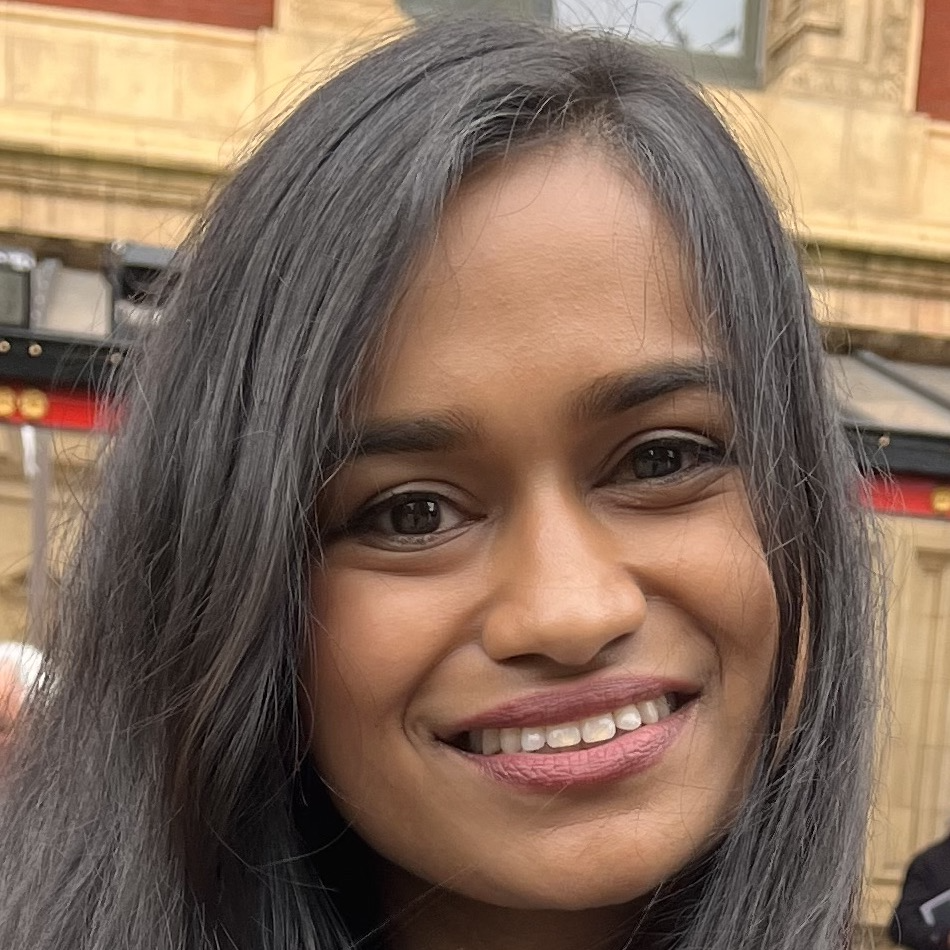
Sneha Naik |
Sneha Naik is a 3rd year PhD student in the Heffner Biomedical Imaging Laboratory at Columbia University, supervised by Professor Andrew Laine and Professor Elsa Angelini. Her research includes developing deep learning methods for identifying sub-phenotypes in obstructive lung diseases and for diagnosing liver fibrosis. She is committed to diversity and worked with Google DeepMind's scholarship program to advocate for underrepresented groups in AI, volunteers as a mentor for the charity More Active Girls in Computing (MAGIC) and is one of the organisers of the first Welcoming Women in MIDL event for the Medical Imaging with Deep Learning conference 2024. In her spare time, she loves teaching yoga, cooking and skiing. |
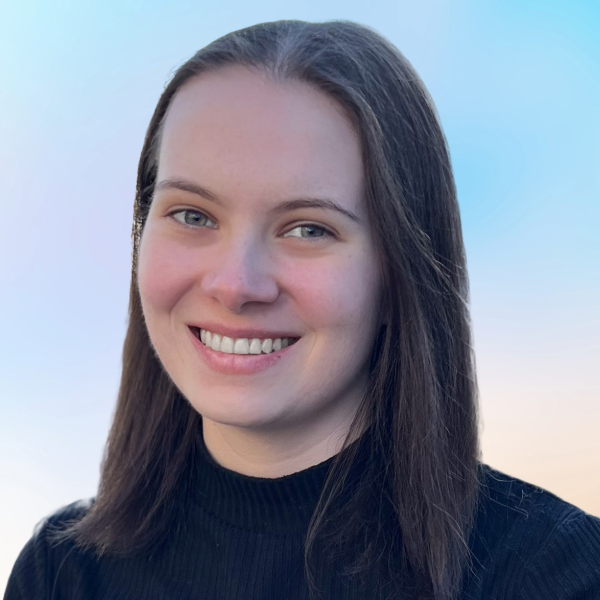
Olivia O’Driscoll |
Olivia O’Driscoll is a rising junior studying computer science at Columbia University’s School of Engineering and Applied Sciences. She is working on the harmonization of large cohorts of lung CT scans in the Heffner Biomedical Imaging Laboratory under Professor Andrew Laine. Previously, she developed machine learning models for computer-assisted skill assessment in the Laboratory for Percutaneous Surgery at Queen’s University in Kingston, Ontario, Canada under the supervision of Professor Gabor Fichtinger. |
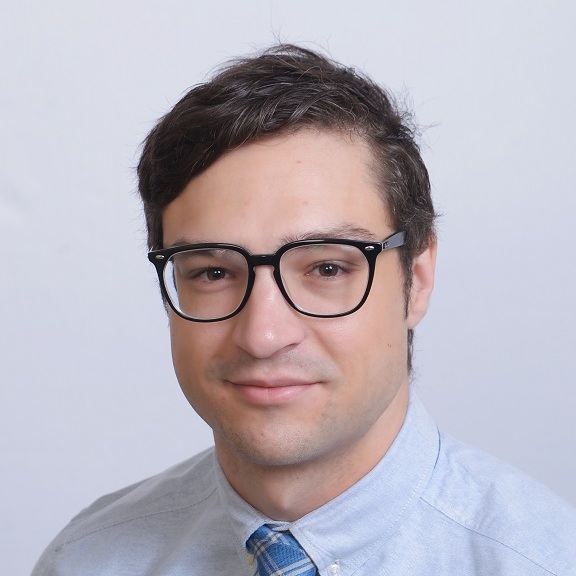
Thomas Padgett |
Thomas Padgett will be starting medical school at the UT Southwestern medical center this fall in Dallas and received his bachelor’s degree in biomedical engineering from the University of Houston in May of 2024, graduating first in his class. . Thomas currently works in the lab of Dr. Chandra Mohan in developing a platform for the collection and analysis of protein biomarkers from patient samples. They hope that this platform could one day be used by researchers to easily collect patient samples and connect a myriad of different biomarkers to associated diseases. After completion of medical school, Thomas plans to pursue a career in Neurology. |
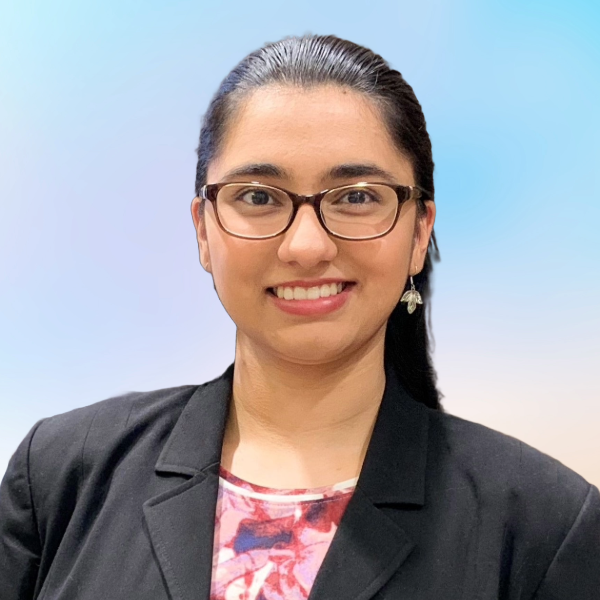
Shreya Parchure |
Shreya Parchure is a MD-PhD dual degree candidate in Bioengineering and Medicine at the University of Pennsylvania. Her research focuses on computational methods to personalize brain stimulation therapies for patients with aphasia. She previously completed BSE and MSE in Bioengineering with concentrations in medical devices and neuroengineering; and received the nationally prestigious Goldwater Scholarship. Having completed two years of medical training, currently her thesis work in the lab of Dr. Roy Hamilton applies network science to analyze MRI neuroimaging and model the brain’s language system in healthy adults and stroke survivors, as well as in response to neuromodulation methods like transcranial magnetic stimulation (TMS). Shreya is also an active volunteer in free clinics, teaches medical ultrasound, consults for AI and healthcare startups, and in free time enjoys reading, swimming, and canvas painting. |
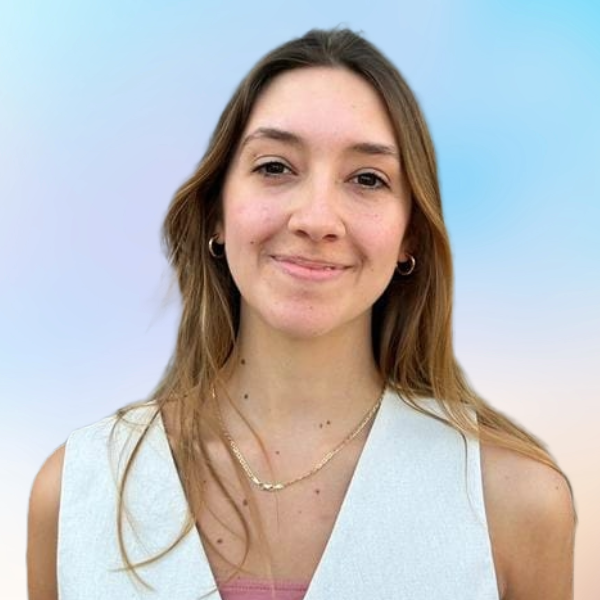
Regina Schiavoni |
Regina Schiavoni Currently in the final stages of completing her Bachelor's degree in Biomedical Engineering at the National University of Córdoba (UNC), Argentina, Regina has recently completed a diploma program in Nuclear Medicine in Spain. With a background in radiotherapy, she has been actively engaged in the field, contributing to various projects. Presently, she is immersed in her final career project, titled "Modeling and Simulation of the Radiation Therapy Process in a High-Complexity Oncology Clinic." This project integrates principles from radiation therapy and medical physics, employing data science and graphical programming techniques. Regina collaborates closely with medical and physics professionals from the clinic to ensure the project's success. In 2023, Regina and several colleagues initiated discussions to reestablish the IEEE student branch at UNC. She is currently serving with pride as the president of the branch. Beyond her roles, she finds peace in calm settings and treasures quality time spent with friends. Known for her positive outlook and lively spirit, she approaches life with enthusiasm and optimism. |
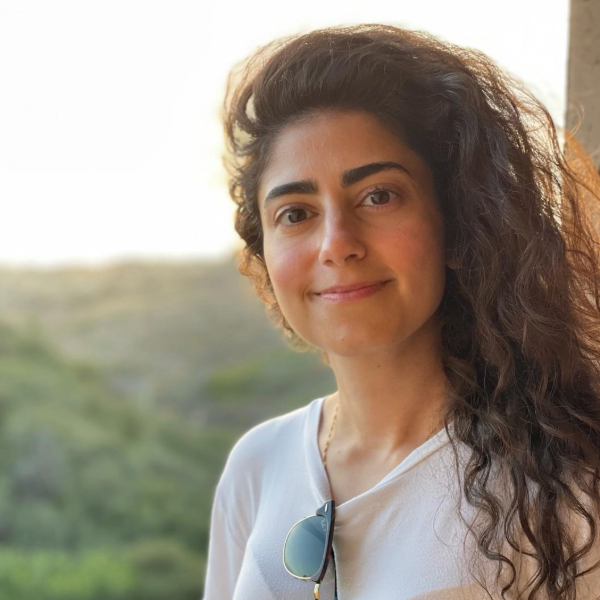
Samira Sebt |
Samira Sebt is a current 3rd year PhD student in the bioengineering department at UCSD in the Cauwenberghs lab which specializes in neuromorphic computing. Her research interests primarily involve efficient online "life-long" learning as well as spike-based learning. Her goal is to utilize these novel algorithms in clinical settings to provide improved patient care and more accurate disease diagnosis, as well as helping establish a uniform standard of care for all patients. She also completed her B.S at UCSD in bioengineering with an emphasis in biomechanics. As part of her senior design project, they were able to successfully construct a glove for tactile sensory substitution in upper limb prosthetic users, which mapped sensory information from touch to auditory stimulus. Apart from research, some of her hobbies include playing the guitar, piano, hiking, surfing, volleyball, and in general anything outdoors. She loves nature and she also enjoys trying new and different cuisines! |

Shivani Shukla |
Shivani Shukla is a PhD student in Bioengineering at the University of California, San Diego studying with Professors Zeinab Jahed and Gert Cauwenberghs. Her project involves designing, fabricating, and testing nanoelectrode arrays for electrophysiology of electrogenic cellular networks, and analysis of single-network level activity. Shivani aims to use data science methods to improve spike detection and classification pipelines for different kinds of electrophysiological techniques. |
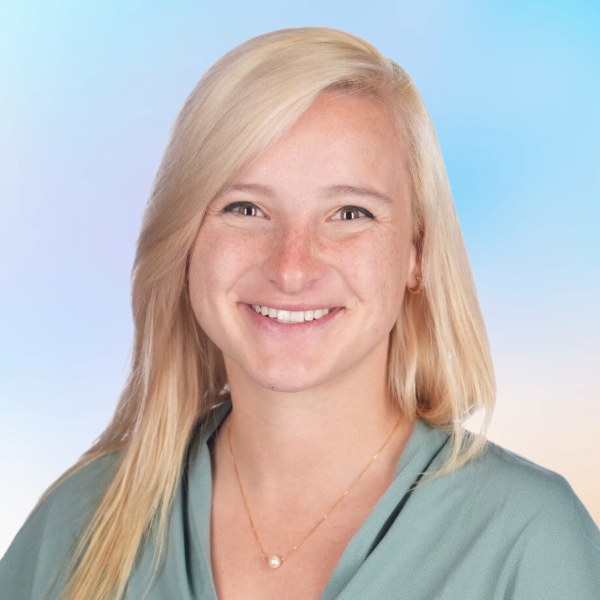
Margot Wagner |
Margot Wagner is a researcher at the intersection of machine learning, artificial intelligence, engineering, and neuropsychiatry. With a Bachelor's of Chemical and Biomolecular Engineering from the University of Delaware and a Ph.D. in Bioengineering with a computational neuroscience specialization and AIML focus from the University of California San Diego, Dr. Wagner has demonstrated a profound commitment to advancing the understanding and treatment of neuropsychiatric conditions from the molecular to behavioral level. Her postdoctoral work at The Institute for Neural Computation (UCSD) and The Computational Neuroscience Laboratory (Salk) with Terry Sejnowski focuses on leveraging multimodal deep learning for neuropsychiatric health diagnostics and subtyping. |
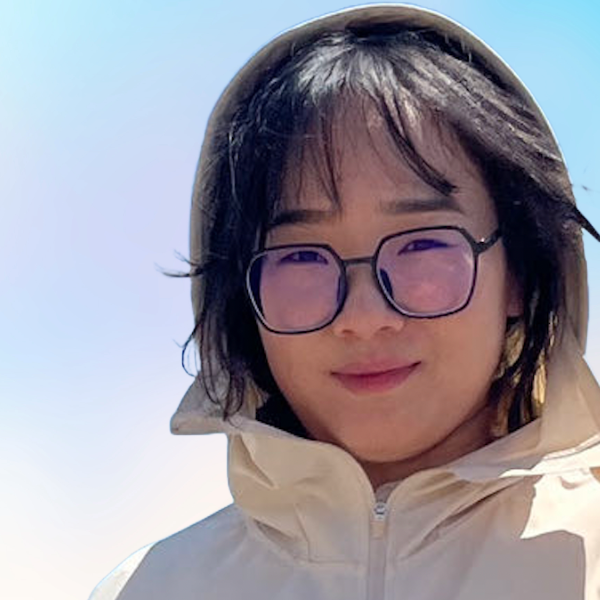
Zhiya Wang |
Zhiya Wang is currently a PhD student in Prof. Wei Chen's lab at the School of Biomedical Engineering, University of Sydney. Her research group focuses on non-invasive sensor systems and health informatics, wearable sensor systems, sleep monitoring, neonatal monitoring, smart rehabilitation, medical devices and instrumentation. She is interested in sleep monitoring and the detection of sleep disorders, including sleep staging and the detection of Obstructive Sleep Apnea. |
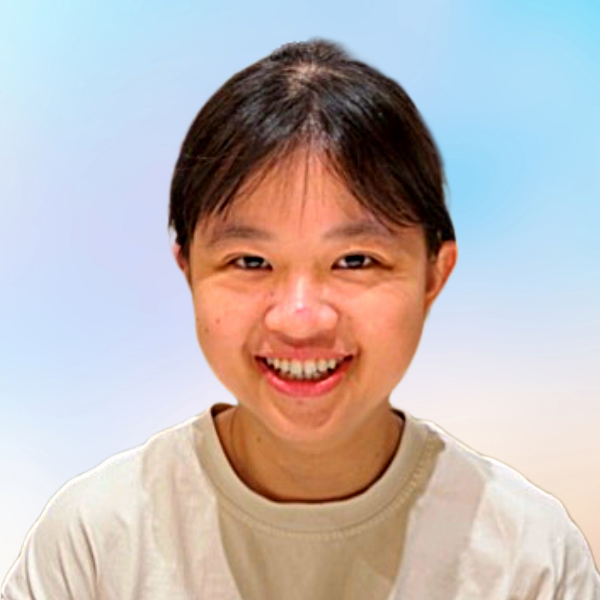
Yue Wu |
Yue Wu is a master’s student at College of Design and Engineering, National University of Singapore. She is currently working on analyzing neuroimaging with machine learning and statistical methods to reveal patterns and predict developmental outcomes. Before that, she received her B.Eng. in Biomedical Engineering at Zhejiang University, Hangzhou, China, with a final project focusing on medical knowledge graph completion. Her research interests include medical big data analysis and computational neuroscience, and her long-term goal is to harness AI technology to solve real-world healthcare challenges. |
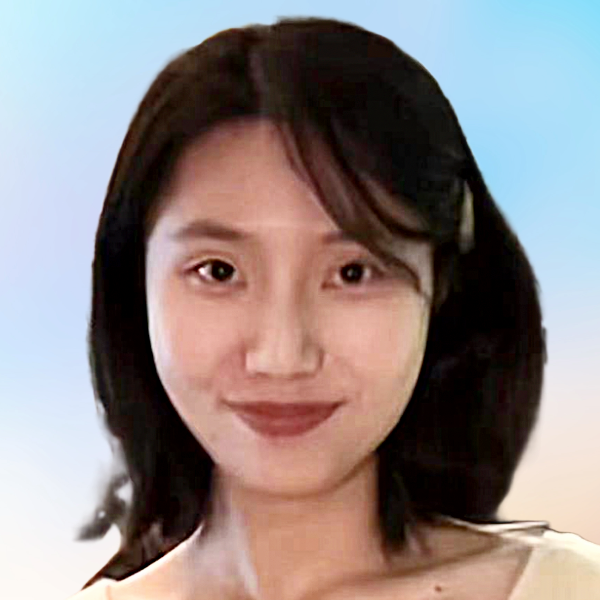
Peixin Zhao |
Peixin Zhao is currently a graduate student in National University of Singapore, Singapore. She received the B.E. degree in Biomedical Engineering from Zhejiang University, Hangzhou, China, in 2023 June. . She has worked as the clinical engineer intern in Run Run Shao Hospital (Hangzhou, China) and the R&D intern in Mindray Scientific Co., Ltd. (Wuhan, China). Her research interests include Magnetic Resonance Imaging, Artificial Intelligence and Digital Healthcare. |

